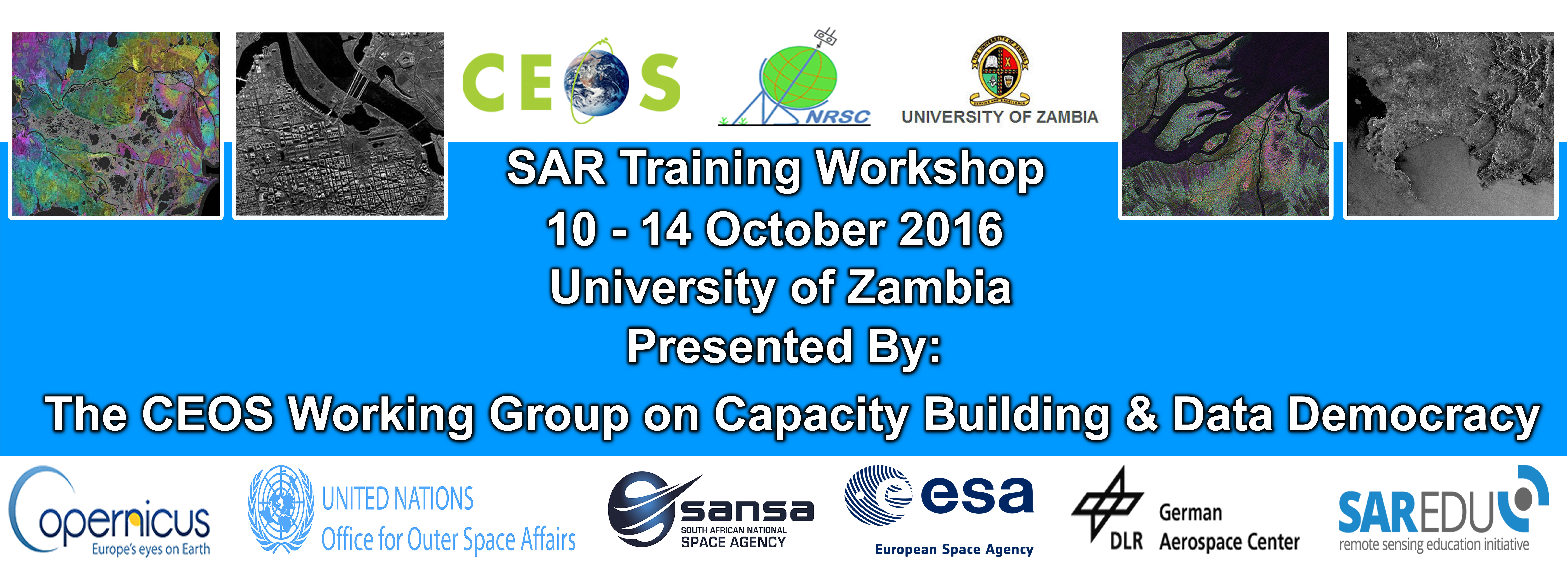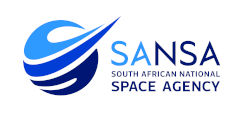
12 Sep SANSA takes lead in implementing EO Capacity Building and Data Democracy Programmes in Africa

Deliberations amongst a group of remote sensing expects at the G7 Economic Summit of Industrialized Nations Working Group, technology and employment, recognised the value of space based technology for the benefit of society. Subsequently, the Committee on Earth Observation Satellites (CEOS) was established in September 1984 following a recommendation made by the remote sensing expects at the G7 summit.
The principal objectives of CEOS during its inception were to optimize the benefits of space born earth observation through the cooperation of its members in mission planning, to develop harmonized Earth Observation resources by enabling the user community to access and use remote sensing data. 2; to serve as a focal point for international coordination of space-related Earth Observation activities. 3; to exchange policy and technical information to encourage compatibility of observation and data exchange systems. However, over the years, a lot has changed in the manner at which satellite data is collected and disseminated to the end users. As such, CEOS has also responded to the changes by expanding its responsibilities including the formation of space based earth observation working groups focusing on different thematic areas such as the Working Group on Capacity Development and Data Democracy (WGCapD).
SANSA is currently the chair of the WGCapD for the next two years. The objectives of the working group are the supporting pillars of the Data Democracy initiative proposed by South Africa at the 21st CEOS SIT meeting in 2008. The objectives of the working group are to provide wider and easier access to Earth Observation data, increasing the sharing of open source software and open systems interface, increasing data dissemination capabilities and transferring relevant technologies to end users, to build capacity and provide education and training (including awareness and outreach) to end users to gather spatial information and for increasing communication on achieved results.
The WGCapD under the stewardship of SANSA will be conducting SAR workshops in Zambia, Gabon and Pretoria. These workshops will not only contribute in bridging the skill gap in remote sensing SAR in the African region but will also provide an awareness of the available open source Softwares, data hubs and resources which will subsequently contribute to key national programmes like Operation Phakisa “Unlocking the Oceans Economy”. The SAR Training workshop to be held in Zambia will be between 10-15 October and is supported by European Space Agency (ESA), the United Nations Office for Outer Space Affairs (UNOOSA), ESA Copernicus, Germany Aerospace Centre (DLR), SAREDU, University of Zambia, Zambian Remote Sensing Centre and the Friedrich-Schiller-University-Jena.



